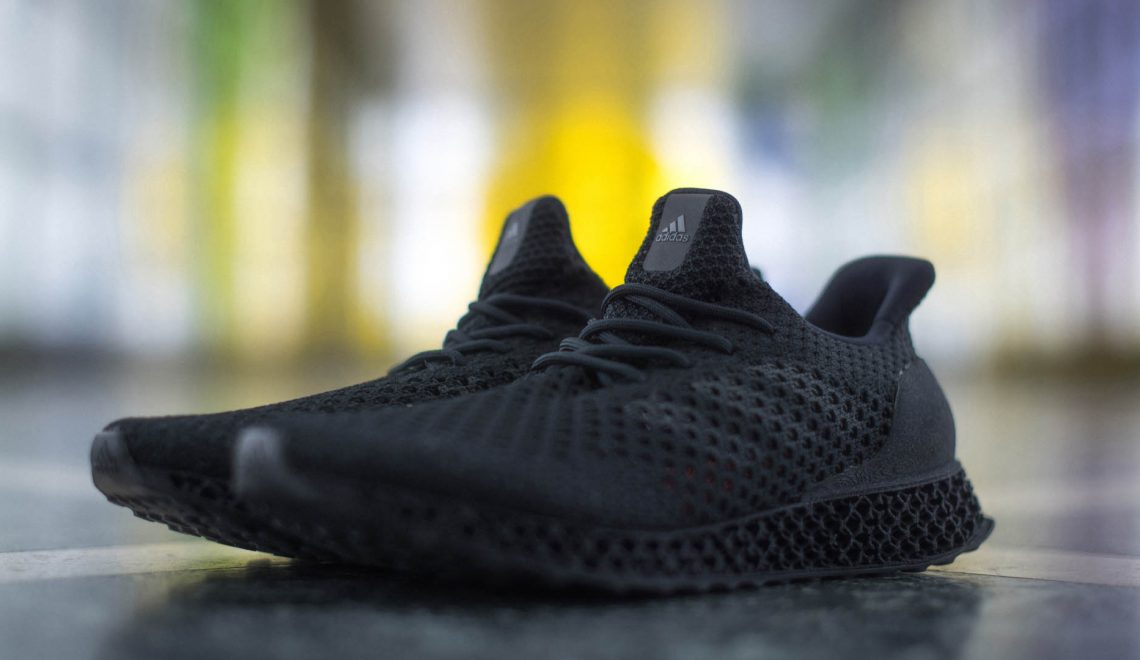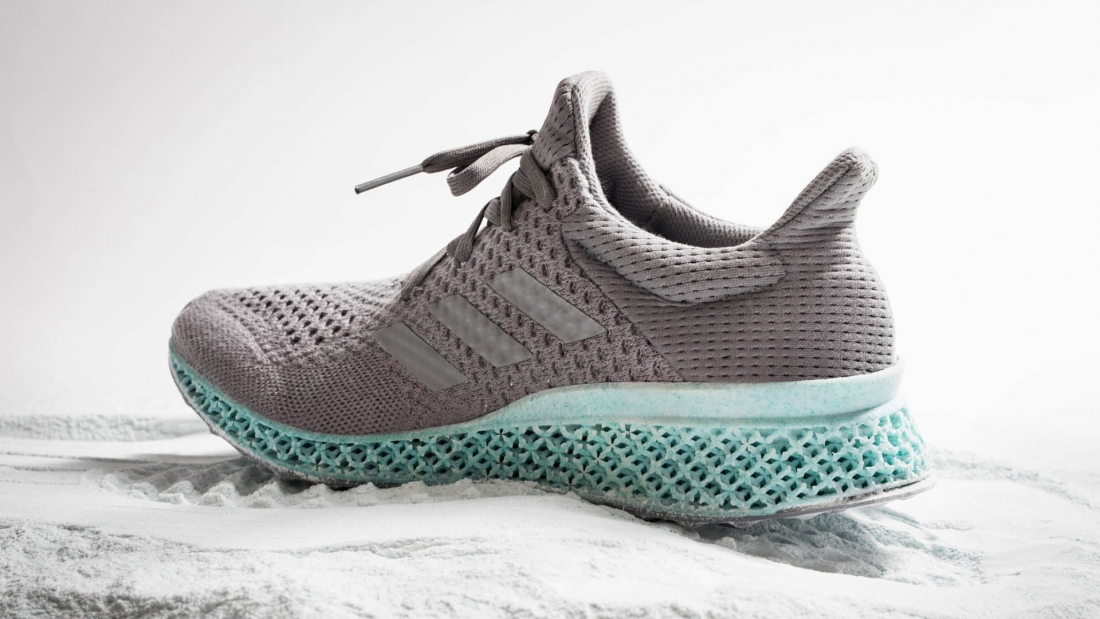A sobering story published on the official EU website positions the fashion industry as one of the top polluters in the world. According to a Danish Fashion Institute study, 25% of the world’s chemicals are produced for textiles. In fact, the fashion industry is the 2nd highest polluter of clean water, only behind agriculture, and the 2nd most polluting industry overall, second only to oil. These are staggering numbers.
It is not surprising that the agriculture and oil industries have significant environmental impact, but we did not expect fashion to be immediately behind them. Part of the reason for being surprised by this is the opaqueness of the fashion business. As a consumer we have very little understanding about any aspect of our clothing; even if you were to seek out the information you would likely run into lots of dead ends. By and large, the industry does not want you to know what is going on before it arrives on store shelves. Unfortunately this opaqueness goes beyond hiding the impact they are having on the planet; we don’t know how or where things are made, who is making them, or what the costs involved are. In 2013, a clothing factory in Bangladesh collapsed after warnings were ignored. Because workers were forced to return to work after the warnings with no repairs having been made, over 1,100 people died and 2,500 injured in the factory. They were producing clothes for major brands such as Walmart, Benetton, The Children’s Place, and Joe Fresh.
The good news is there is a growing movement to encourage more transparency in the fashion industry. Several boutique brands have started clearly disclosing who makes their clothes and where, the cost of goods, and where materials are sourced from. Recycled-based clothing is also beginning to gain momentum. Companies are exploring how to use recycled goods to create clothing and accessories. For example, Adidas recently showed off sneakers made from reclaimed ocean debris. There is also an effort to recycle old clothing to create new items, preventing them from entering landfills or our oceans. The global impact of fashion is important to us here and we look forward to continuing to cover innovations and innovative companies making a difference!





